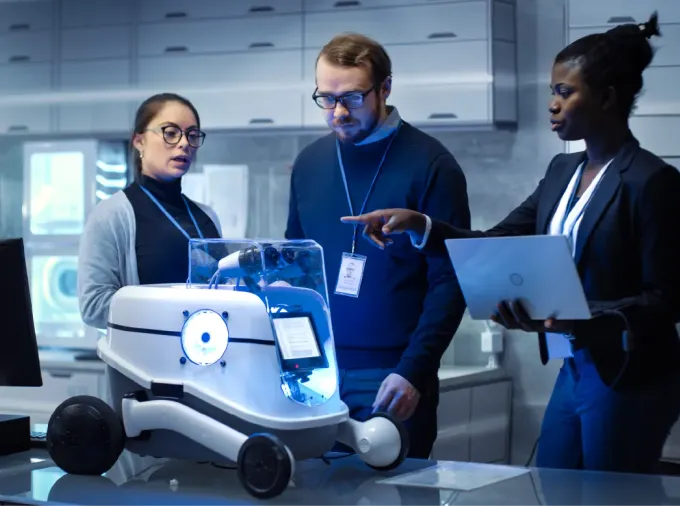
Education
Through its innovative, cross-disciplinary educational approach, LPE prepares the next generation of leaders to bring knowledge from engineering, law, and policy together to address complex societal issues.
Formal & Informal Education
We offer a variety of options to learners in pursuit of both academic credit and non-credit options.
Questions?
Contact LPE for more information about formal and informal learning opportunities.
Upcoming Training Opportunities
Attend informal, non-credit workshops, bootcamps and other trainings to build skills and competencies in science and technology policy, transdisciplinary research, communication science, patent/IP, and more. Discover both online and in-person events.
Sorry, there are no events results.



